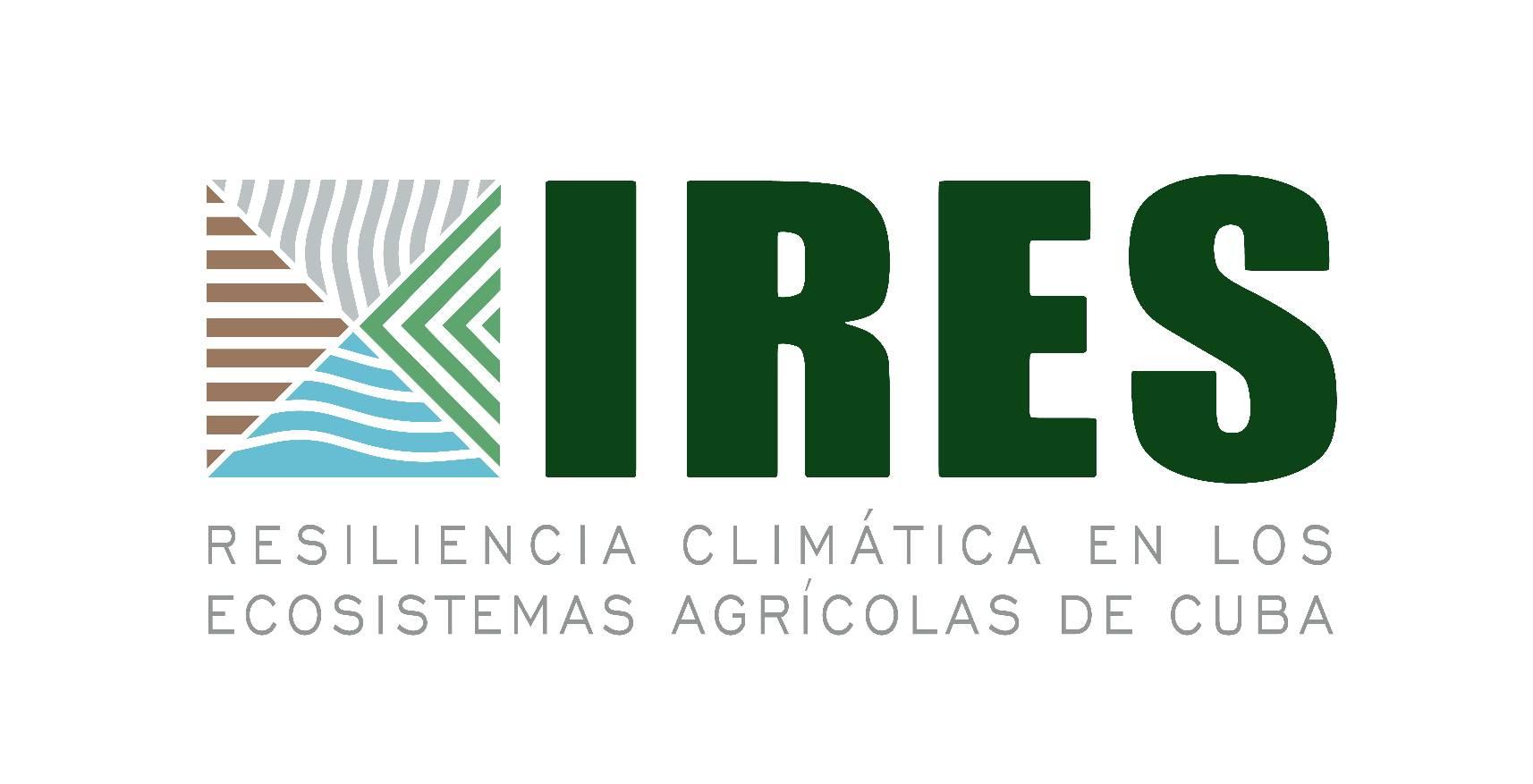
The transformation of the realities in the fields, the improvement of living and working conditions of rural men and women, and the protection of the environment in line with agricultural work from a resilient character in the ecosystems of southern Las Tunas were the focus of discussion at the Communication and Knowledge Management Workshop in this eastern province of Cuba, one of the three protagonists of the IRES project in Cuba.
Las Tunas, Cuba.- Based on the climate resilience of households and rural communities with characteristics of vulnerability, the meeting was conducive to the exchange, the presentation of experiences of the cases benefited in the municipalities of Amancio, Jobabo, and Colombia, and the search for strategies to make visible the different stories that mark the daily lives of farmers and producers, based on new practices.
Yoandry Ávila Igarza, the coordinator of the Provincial Unit, detailed exclusively to the Cuban News Agency that IRES already has a total of 26 productive bases that bring together more than 700 farms in transformation with six modules for the development of agroforestry systems; with specific characteristics from an environmentalist perspective that works on the recovery of areas damaged by the excessive use of chemical substances or by the increase of marabou.
The conclave also served as a space for the training of the beneficiaries through effective implementation of the equipment and techniques made available to them, which modify the way of doing and thinking about agriculture from an ecological point of view and the inclusion of the most versatile spaces.
The setting up of new facilities and an Integral Basic Unit for technical services, from where all the tools are received and made available to the productive bases, have allowed us to have so far a total of nine tractors, several chainsaws, and a machine for cutting marabú and preparing the land, Ávila Igarza assured.
Considered the first of its kind implemented by the Ministry of Agriculture, the fourth by the United Nations Food and Agriculture Organization (FAO) in Latin America and the Caribbean, and financed by the Green Climate Fund, the IRES Project calls for an environmental vision in Las Tunas based on forestation, soil recovery and potentization of agro-ecological knowledge in the southern landscapes.





